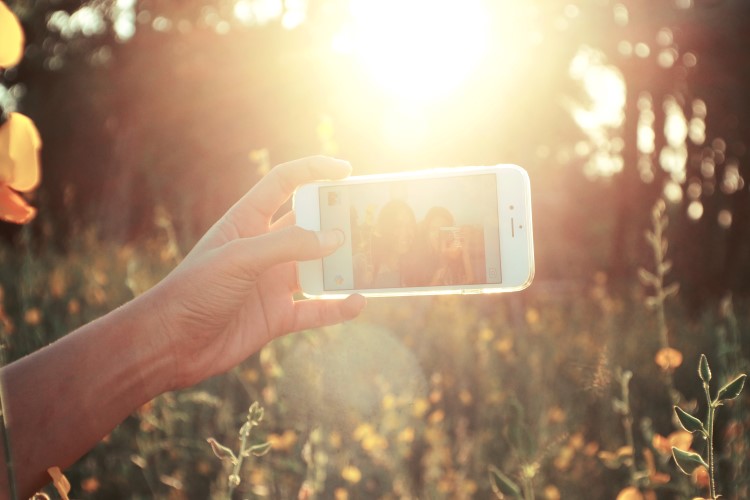
SELFIEs – the end of ‘real’ civilisation…
When I first created my profile on Facebook, I had an agenda.
I wanted people to realise that I wasn’t as intimidating as many had thought; a multitude of comments about my character had led me to this conclusion and I’d fully taken on board the perceptions of the ‘masses.’
“You’re always frowning Stephen.”
“You’re a very serious guy.”
“You’re an intense person.”
I wanted this image gone.
So, whenever I was caught in a photo smiling–because I have difficulty smiling on impulse–I would crop the image and upload it so people would realise…I do smile. I’m not a serious guy. I’m a funny, nice person when you get to know me.
That was my original intention behind my Facebook profile.
That was my pride…
With regard to selfies, I’ve taken two; one which I’ve long since deleted and the other with a group on my India Mission trip; I was selected to take it because I was the tallest; however, I was prompted to write this article, because of the soaring popularity of this photo phenomenon that had a new word invented to describe it (there’s a joke of irony in there somewhere).
Last year, I watched a very short documentary which aired the life of a self-proclaimed ‘selfie addict,’ who took 1000 photos of herself daily.
Although probably intended to entertain, the short Channel 4 documentary simply provoked my sadness; she was clearly hurting.
The individual confessed that her selfie addiction was a deep problem, admitting it stemmed from childhood traumas of rejection; however, it appeared like her confession could have been part of her ‘performance,’ or, her admission was a fragment of her denial structure to allow her addiction to continue.
Like getting roaring drunk off booze, selfie culture is now completely permissible by worldly standards and so there is no feeling of conviction, shame, or guilt associated with it.
But to understand why this could contribute to the end of our civilisation, we need to review the concepts of Pride and Humility.
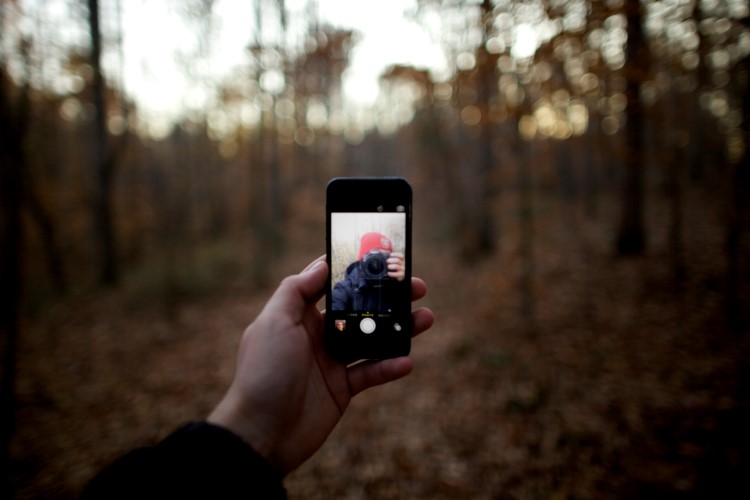
What is pride?
- By worldly standards, pride seems like an attribute of strength from the outset. It’s defined as a feeling of deep pleasure or satisfaction derived from one’s own achievements, the achievements of one’s close associates, or from qualities or possessions that are widely admired. Other definitions are consciousness of one’s own dignity, and being especially proud of a particular quality or skill.
- What pride irrevocably leads to is ‘expectation’ – expectation to be admired, adored, loved, cherished, and exalted. Pride is something that’s alive; it does not remain dormant. It needs to feed and will grow with every delicious morsel of praise.
- The ‘expectation’ leads to ‘reliance’ or more commonly phrased – addiction. This is a reliance on people’s opinions and hopefully, their consistent appreciation. With pride continually fed, the cycle runs indefinitely.
What is humility?
- Humility from the outset appears like a characteristic of weakness. It is defined as the quality of having a modest or low view of one’s importance.
- Humility keeps a person’s expectations of self and others grounded. It is patient; it doesn’t envy or boast because it doesn’t require comparison or competitiveness with others. It does not dishonour others and it’s not self-seeking.
- This diminished expectation of other people’s perceptions means real freedom to be a true identity and not a personality (or worse – self-proclaimed celebrity).
As we know, most around us have chosen pride over humility, because pride offers the quick reward of temporary adoration; this kind of ‘fix’ feels very good.
Humility has been abandoned because it’s too hard to pursue.
And so selfie culture has been gleefully adopted as the new way to ‘get high,’ in a seemingly harmless way. But that’s the lie. It isn’t harmless at all…
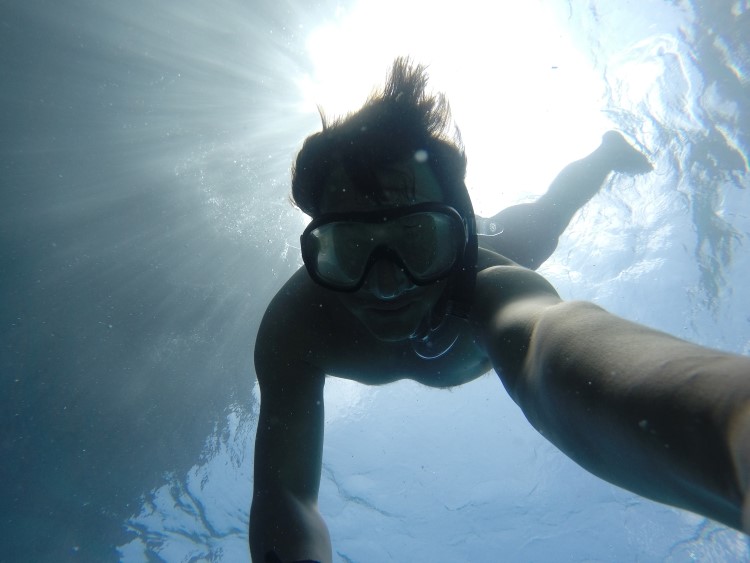
The Selfie Damage
This is not meant to cause offence nor disparage. Who knows, maybe I might take a selfie again one day myself.
But let’s be clear; a selfie is not an endeavour of humility…obviously. Therefore, it is one of pride – even if it’s just a little teeny weeny bit of pride. It’s pride.
The natural human response to endorsing a prideful motion, is to expect some form of return on the energy expended.
I’m not going to provide any statistics or reference articles about the fact that people have died over selfies – suicides being a very disturbing point in these deaths. Nor talk about the dangerous lengths people have gone to get the perfect selfie, also causing deaths. Just simply express point by point what selfie culture is and why it’s perilous.
There are two components to selfie culture:
1) Taking multiple pictures till we get the correct one which consumes our energy. This may even include photo-shopping our faces.
2) Uploading the image to social media and waiting on ‘likes’ and comments.
Both segments are important – if we don’t share the photo online, then we’re in a lot less danger of Selfie Damage.
The sharing of the photo puts humanity as our god, king, or leader – you wait on the people’s approval, appreciation, admiration, and even adulation. However, we see ourselves as the king or queen in this dynamic as well – talk about a confusing kingdom.
As we know, humanity as a whole can be inconsistent.
Once upon a time, it was fashionable to be pale because it showed that you didn’t have to work. Now it’s fashionable to be tanned. With these changes happening so randomly now, and us pandering to the human consensus of who we are, how can our true identities ever be fully realised?
Here lies the biggest flaw of the selfie – if taken too extreme lengths of course – you’re unable to find out who you really are.
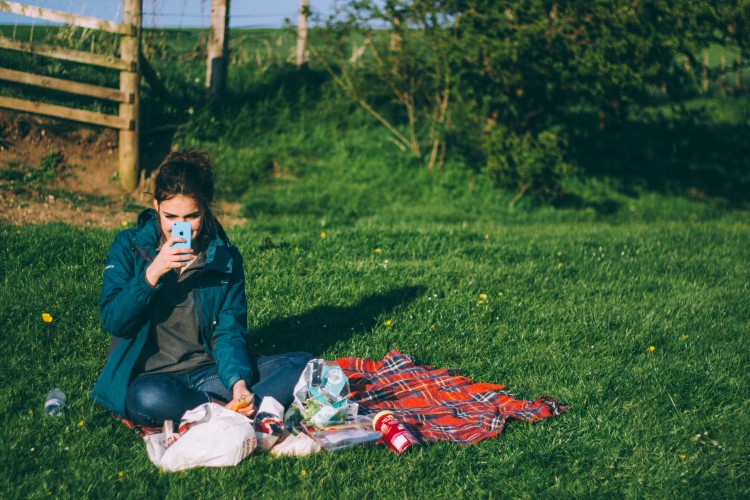
Keeping these two components that define Selfie Culture in mind, here is how it all materialises:
- The selfie is taken. The can be done in as public or private a place as the person wishes. There is no shame, guilt, or conviction associated with this activity now. It is permissible and conducted with the utmost pride.The individual is then likely to expend more energy taking multiple photos of themselves to get the correct contours, lighting – the perfect representation of themselves.The energy that is being used is the dark part in this. That energy is translated into soul mutating questions: will I look good like this to others? Will I be noticed? Will I be admired? Will I be appreciated? The energy also expects return on its investment of effort and time – the return is in the form of ‘likes’ and comments of adulation.
- The selfie is photo-shopped. Some people may not go down this road, but many will. It’s permissible now.Further energy is expended by the individual to make sure the image meets the appeasement of the masses – make sure it’s as perfect as the celebrities out there – make sure it meets magazine quality in appearance and the correct pose that the world likes to see.
- The photo is posted to the individual’s world. This is done through social media – Facebook, Twitter, or Instagram etc.The individual may already think of themselves as a celebrity of sorts, akin to self-appointed godhood. This is one of the greatest selling points of Facebook – you can be a god in your own world and create yourself how you wish. In the individual’s mind, their ‘minions’ are waiting for that next perfect photo – that next striking image that they can worship.The selfie king or queen fully expects the ‘likes’ and the comments as reward for their efforts. A banquet will be had and dishes to be devoured will be ‘likes’ ‘loves’ ‘wows’ etc.
- The likes and comments come rolling in. The parasitic, symbiotic relationship is complete. The individual feels fantastic. Their pride is sky high. They have their self-worth. They look terrific and guess what? They have the tangible proof for it!They are god; they’re the most beautiful individual on the planet. It is done. Life is good. Their addiction is sedated…for now.
- Selfies easily evolve into an addiction because not only are they permitted by society – no taboo element – they create the high that we love (dopamine release).
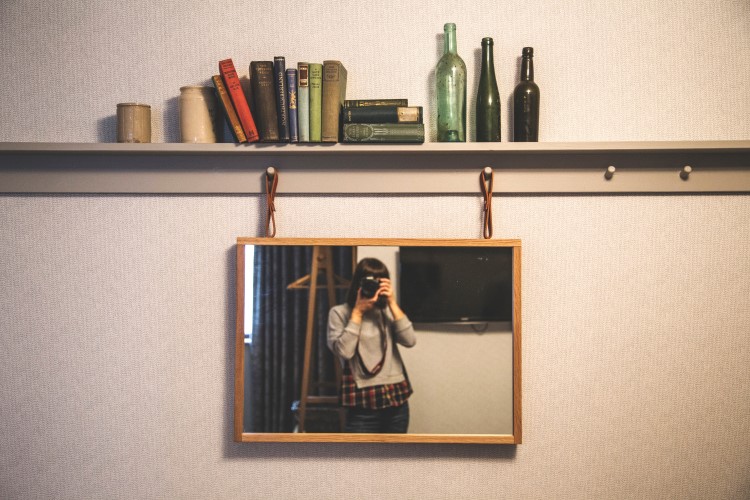
The effects on civilisation
It is not difficult to see where the psychology of selfie culture will take us. But it begins like this:
- People are projecting the image that they want to be, and not their true self. This invites self-deception, and deception of others. Harmless? Maybe, but then it gets deeper…
- People are now living for that virtual image to the point where their life is a performance. Again, this goes from mere photography to their real-life behaviour. Self-deception on a grand scale. And mass deception of people around them.
- Relationships and socialising fail to materialise as they should. You may have seen or been party to this already, but groups of friends will meet up in pub or some other social setting, and then all jump on their smart phones together.The group fully believe they are socialising when really they’ve spent the whole time on their phones. The deception is complete.
This is just a snippet of the damage selfie culture is doing. I have also only mentioned one kind of selfie. There are a variety, each working their deceptions on us and the people that view them.
When unmasked, selfie culture is actually virtual image – the person we think we want to be that will please others instead of seeking out our own self-worth.
If everyone becomes a manufactured version of themselves, we’ll no longer have real people, or real truth.
Real civilisation ends as we know it…
PLEASE COMMENT AND SHARE BELOW
Leave a Comment